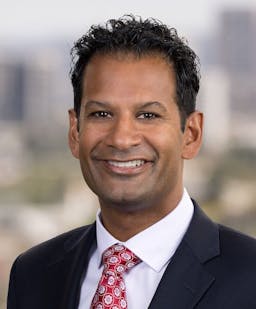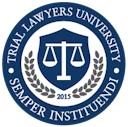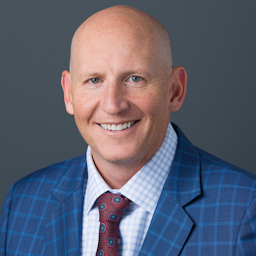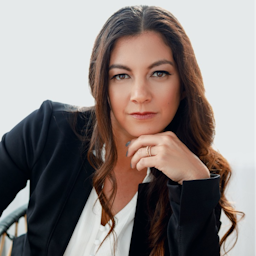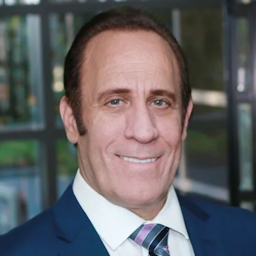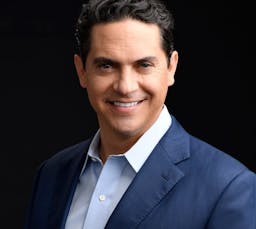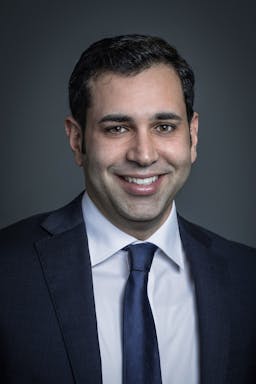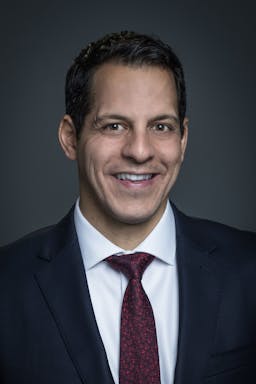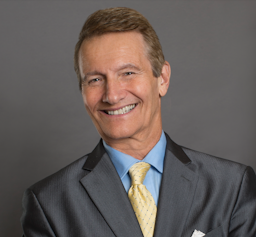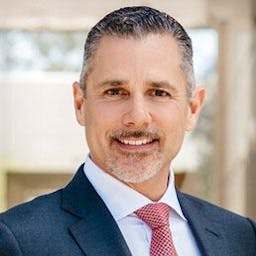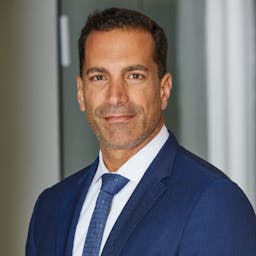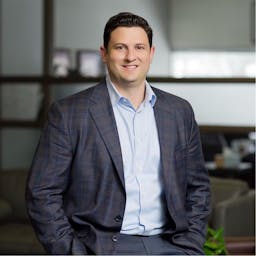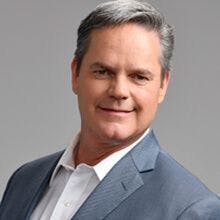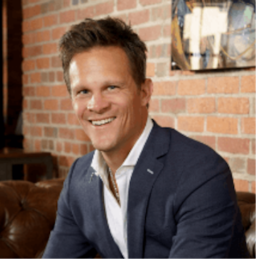Michael Hill
Michael Hill Trial Law
I was born in Flint, Michigan, and have always been drawn to the fight for justice. I attended Oberlin College before earning my law degree magna cum laude from Case Western Reserve University, where I was published multiple times in national peer-reviewed law journals. From the start of my career, I dedicated myself exclusively to representing victims of severe nursing home neglect and abuse, securing record-breaking verdicts, including the largest recorded verdict against a nursing home in Ohio history—$26 million. My work has led to numerous seven- and eight-figure trial victories, and I’ve set records for the highest verdicts in multiple counties.
I’ve been recognized as one of the Top 10 Nursing Home Abuse and Neglect Lawyers and named the Most Dedicated Nursing Home Prosecution Trial Attorney in the Midwest by AI Legal. Beyond the courtroom, I serve as faculty for Trial Lawyers University, lecturing across the country on trial strategy and case framing. I’m also an active member of the American Medical Directors Association (AMDA) and the Society for Post-Acute and Long-Term Care (PALTC)—as far as I know, the only attorney to be accepted into these medical organizations.
When I’m not in trial, I spend much of my time traveling—especially in Central and South America—or restoring classic cars. I live in Peninsula, Ohio, but my work has taken me nationwide, fighting to hold corporations accountable for the vulnerable lives entrusted to their care.
Finding the Value in Elder Abuse Cases: Maximizing Damages for the “Old, Sick, and Dying”
Lecture Description Soon to be Updated
TLU Live HB Agenda
Track 1
Breakfast
7:30am - 9:30am
Hosted by
- 9:00a

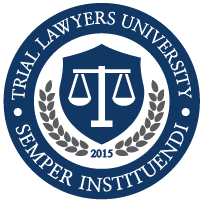 TLU ProfessorLecture Title Soon To Be Announced
TLU ProfessorLecture Title Soon To Be Announced Coffee & Snacks
Hosted by
- 10:15a

 TLU ProfessorLecture Title Soon To Be Announced
TLU ProfessorLecture Title Soon To Be Announced Coffee & Snacks
Hosted by
- 11:30a

 TLU ProfessorLecture Title Soon To Be Announced
TLU ProfessorLecture Title Soon To Be Announced Lunch
Sponsored by
- 2:00p

 TLU ProfessorLecture Title Soon To Be Announced
TLU ProfessorLecture Title Soon To Be Announced Coffee & Snacks
Hosted by
- 3:15p

 TLU ProfessorLecture Title Soon To Be Announced
TLU ProfessorLecture Title Soon To Be Announced Coffee & Snacks
Hosted by
- 4:30p

 TLU ProfessorLecture Title Soon To Be Announced
TLU ProfessorLecture Title Soon To Be Announced
Track 2
Breakfast
7:30am - 9:30am
Hosted by
- 9:00a

 TLU ProfessorLecture Title Soon To Be Announced
TLU ProfessorLecture Title Soon To Be Announced Coffee & Snacks
Hosted by
- 10:15a

 TLU ProfessorLecture Title Soon To Be Announced
TLU ProfessorLecture Title Soon To Be Announced Coffee & Snacks
Hosted by
- 11:30a

 TLU ProfessorLecture Title Soon To Be Announced
TLU ProfessorLecture Title Soon To Be Announced Lunch
Sponsored by
- 2:00p

 TLU ProfessorLecture Title Soon To Be Announced
TLU ProfessorLecture Title Soon To Be Announced Coffee & Snacks
Hosted by
- 3:15p

 TLU ProfessorLecture Title Soon To Be Announced
TLU ProfessorLecture Title Soon To Be Announced Coffee & Snacks
Hosted by
- 4:30p

 TLU ProfessorLecture Title Soon To Be Announced
TLU ProfessorLecture Title Soon To Be Announced
Track 3
Breakfast
7:30am - 9:30am
Hosted by
- 9:00a

 TLU ProfessorLecture Title Soon To Be Announced
TLU ProfessorLecture Title Soon To Be Announced Coffee & Snacks
Hosted by
- 10:15a

 TLU ProfessorLecture Title Soon To Be Announced
TLU ProfessorLecture Title Soon To Be Announced Coffee & Snacks
Hosted by
- 11:30a

 TLU ProfessorLecture Title Soon To Be Announced
TLU ProfessorLecture Title Soon To Be Announced Lunch
Sponsored by
- 2:00p

 TLU ProfessorLecture Title Soon To Be Announced
TLU ProfessorLecture Title Soon To Be Announced Coffee & Snacks
Hosted by
- 3:15p

 TLU ProfessorLecture Title Soon To Be Announced
TLU ProfessorLecture Title Soon To Be Announced Coffee & Snacks
Hosted by
- 4:30p

 TLU ProfessorLecture Title Soon To Be Announced
TLU ProfessorLecture Title Soon To Be Announced
Track 4
Breakfast
7:30am - 9:30am
Hosted by
- 9:00a

 TLU ProfessorLecture Title Soon To Be Announced
TLU ProfessorLecture Title Soon To Be Announced Coffee & Snacks
Hosted by
- 10:15a

 TLU ProfessorLecture Title Soon To Be Announced
TLU ProfessorLecture Title Soon To Be Announced Coffee & Snacks
Hosted by
- 11:30a

 TLU ProfessorLecture Title Soon To Be Announced
TLU ProfessorLecture Title Soon To Be Announced Lunch
Sponsored by
- 2:00p

 TLU ProfessorLecture Title Soon To Be Announced
TLU ProfessorLecture Title Soon To Be Announced Coffee & Snacks
Hosted by
- 3:15p

 TLU ProfessorLecture Title Soon To Be Announced
TLU ProfessorLecture Title Soon To Be Announced Coffee & Snacks
Hosted by
- 4:30p

 TLU ProfessorLecture Title Soon To Be Announced
TLU ProfessorLecture Title Soon To Be Announced


